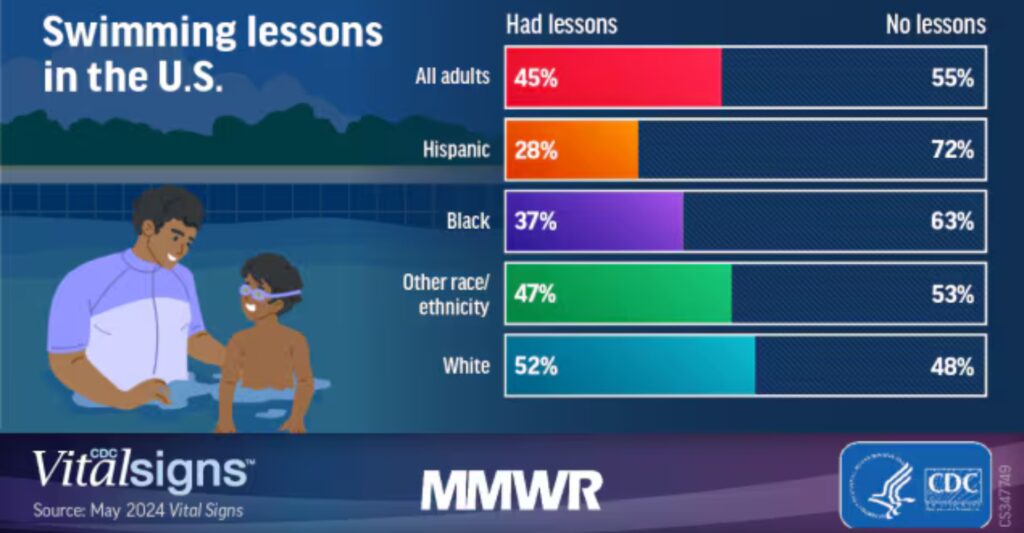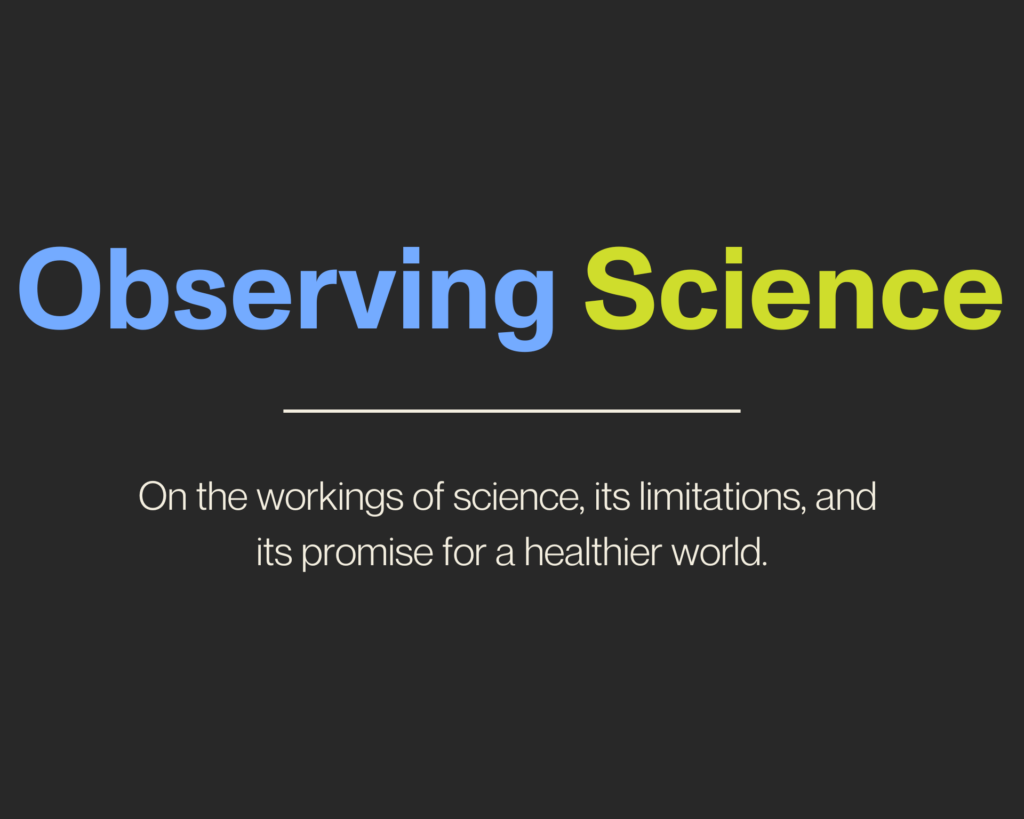Head Above Water
Swimming lessons are a key protector against drowning, but unequal access leaves some children more vulnerable than others.

Read Time: 2 minutes
Published:
Drowning is the leading cause of death in children under age four in the United States, and the Centers for Disease Control and Prevention (CDC) reports that unintentional drowning is on the rise. Most drownings happen when children wander into pools or lakes without supervision. The National Drowning Prevention Alliance says that having alarms or barriers on pools would prevent extremely young children from getting or falling into the water without any adult around to help.
One of the best ways to protect children from drowning is water competency, which means introducing children to the real dangers of water and teaching them how to swim at a young age.
Learning to swim is like learning to ride a bike; once you pick up the skill, it feels impossible to forget. But not everyone learns how to swim. In fact, a new CDC report using data from the National Vital Statistics System shows that there are discrepancies between racial groups in drowning rates and swim instruction.

In the U.S., 52% of White adults have had swimming lessons at some point in their life, making them better prepared for a water emergency and lowering the risk of drowning. However, Black and Hispanic adults are significantly less likely to have taken swimming lessons. These results reflect that, as children, people of color do not have the same access to water safety training as White people, putting them at greater risk of drowning.
Unequal access to swim lessons, due to expense or the unavailability of local pools, contributes to the rise in unintentional drowning. Without proper swimming training, these gaps may widen for children of different racial groups. If our kids aren’t taught to navigate water safely, their fun in the sun may become a trip to the deep end they aren’t ready for.



